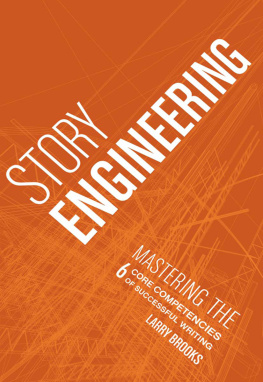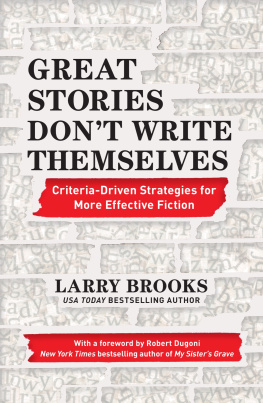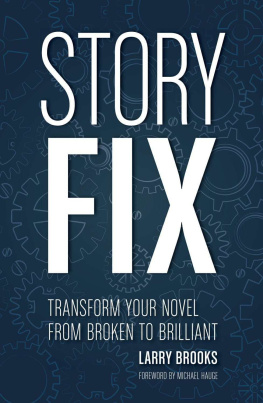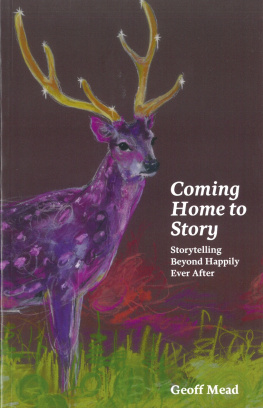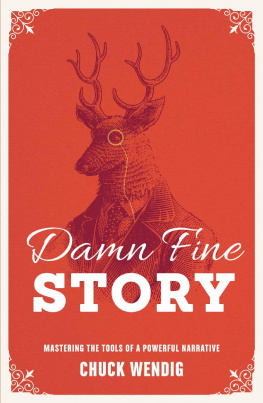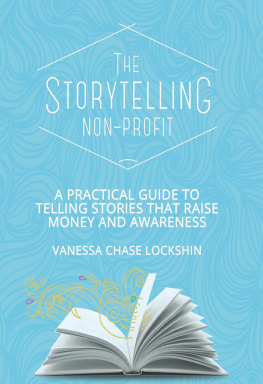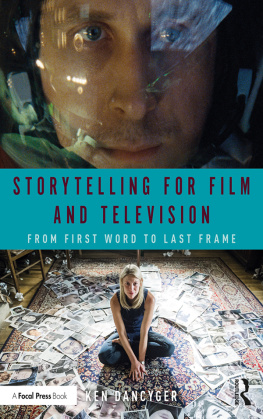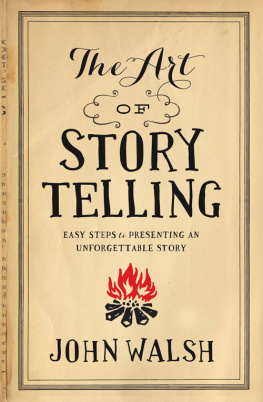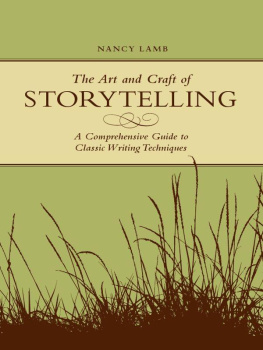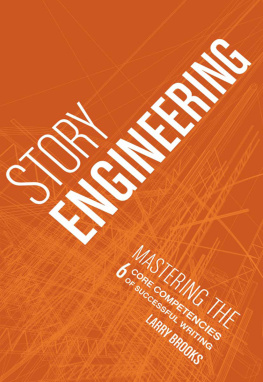Larry Brooks - Story Engineering
Here you can read online Larry Brooks - Story Engineering full text of the book (entire story) in english for free. Download pdf and epub, get meaning, cover and reviews about this ebook. year: 2011, publisher: Writers Digest Books, genre: Romance novel. Description of the work, (preface) as well as reviews are available. Best literature library LitArk.com created for fans of good reading and offers a wide selection of genres:
Romance novel
Science fiction
Adventure
Detective
Science
History
Home and family
Prose
Art
Politics
Computer
Non-fiction
Religion
Business
Children
Humor
Choose a favorite category and find really read worthwhile books. Enjoy immersion in the world of imagination, feel the emotions of the characters or learn something new for yourself, make an fascinating discovery.
- Book:Story Engineering
- Author:
- Publisher:Writers Digest Books
- Genre:
- Year:2011
- Rating:3 / 5
- Favourites:Add to favourites
- Your mark:
Story Engineering: summary, description and annotation
We offer to read an annotation, description, summary or preface (depends on what the author of the book "Story Engineering" wrote himself). If you haven't found the necessary information about the book — write in the comments, we will try to find it.
The vast majority of writers begin the storytelling process with only a partial understanding where to begin. Some labor their entire lives without ever learning that successful stories are as dependent upon good engineering as they are artistry. But the truth is, unless you are master of the form, function and criteria of successful storytelling, sitting down and pounding out a first draft without planning is an ineffective way to begin.
Story Engineering starts with the criteria and the architecture of storytelling, the engineering and design of a story--and uses it as the basis for narrative. The greatest potential of any story is found in the way six specific aspects of storytelling combine and empower each other on the page. When rendered artfully, they become a sum in excess of their parts.
Youll learn to wrap your head around the big pictures of storytelling at a professional level through a new approach that shows how to combine these six core competencies which include:
- Four elemental competencies of concept, character, theme, and story structure (plot)
- Two executional competencies of scene construction and writing voice
Larry Brooks: author's other books
Who wrote Story Engineering? Find out the surname, the name of the author of the book and a list of all author's works by series.

